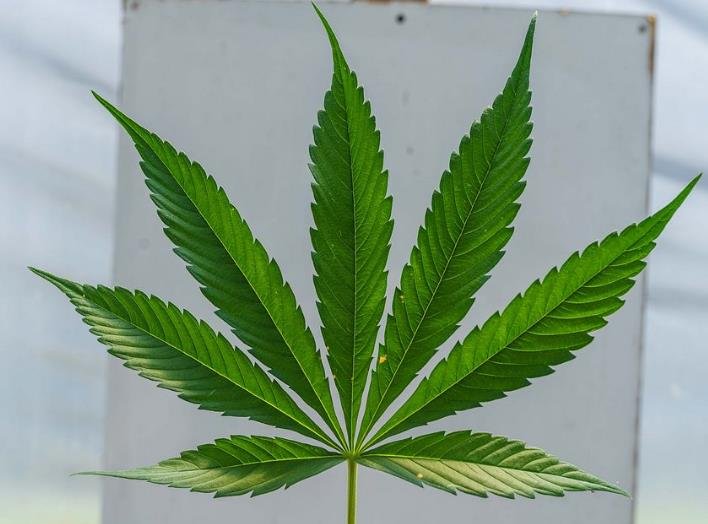The cannabis industry has become a significant contributor to the U.S. economy, with revenues reaching $40 billion in 2024. This growth is a substantial increase from the $7.6 billion generated in 2016, marking the beginning of the legalization era. By 2028, the industry is expected to generate $67 billion, highlighting its potential for continued expansion. The economic impact of the cannabis industry extends beyond revenue generation, as it also supports job creation and tax revenue.

The legalization of cannabis has led to the establishment of numerous dispensaries and related businesses, creating employment opportunities for thousands of individuals. In 2024, the legal cannabis market supports approximately 440,445 full-time equivalent jobs. These jobs range from cultivation and production to retail and distribution, providing a diverse array of employment opportunities within the industry.
Tax revenue generated from cannabis sales has become a vital source of funding for state and local governments. In several states, cannabis tax revenue surpasses that of alcohol, demonstrating the financial benefits of legalization. These funds are often allocated to public health initiatives, education, and infrastructure projects, contributing to the overall well-being of communities.
Societal Benefits and Challenges
The legalization of cannabis has brought about several societal benefits, including the destigmatization of its use and increased access for medicinal purposes. The approval of recreational and medicinal cannabis in dozens of states has allowed individuals to use cannabis for therapeutic reasons, such as relieving anxiety, improving sleep, and managing pain. This increased accessibility has improved the quality of life for many individuals who rely on cannabis for medical purposes.
However, the rapid growth of the cannabis industry has also presented challenges. One significant issue is the continued incarceration of individuals for past possession offenses. Despite the legalization of cannabis in many states, thousands of individuals remain incarcerated for offenses that are no longer considered criminal. This discrepancy highlights the need for comprehensive criminal justice reform to address the injustices faced by those affected by past cannabis laws.
Problematic use of cannabis is another concern, particularly among young people. While legalization has reduced the stigma associated with cannabis use, it has also led to an increase in daily consumption. For the first time, daily cannabis use has surpassed that of alcohol in the United States. This trend raises questions about the long-term health effects of regular cannabis use and the need for public health interventions to address potential risks.
Future Prospects and Industry Trends
The future of the cannabis industry looks promising, with continued growth and innovation on the horizon. As more states move towards legalization, the market is expected to expand further, creating new opportunities for businesses and consumers alike. The development of new cannabis products, such as edibles, beverages, and wellness products, is likely to drive consumer interest and diversify the market.
Technological advancements are also playing a crucial role in the evolution of the cannabis industry. Innovations in cultivation techniques, product development, and retail operations are enhancing the efficiency and quality of cannabis products. These advancements are expected to contribute to the industry’s growth and improve the overall consumer experience.
Despite the positive outlook, the cannabis industry must address ongoing challenges to ensure sustainable growth. This includes implementing effective regulations to prevent underage use, promoting responsible consumption, and advocating for criminal justice reform. By addressing these issues, the cannabis industry can continue to thrive while contributing to the well-being of society.
Emily Wilson is a talented wordsmith whose passion for cannabis shines through in her eloquent articles that explore the plant’s cultural significance and historical context. With a focus on arts and lifestyle, she weaves together narratives that celebrate the creativity, innovation, and community fostered by cannabis enthusiasts worldwide. Emily’s unique perspective and engaging storytelling invite readers to embark on a journey of discovery and appreciation for the diverse facets of the cannabis experience.








